The Intersection of AI and Creativity: Can Machines Be Truly Creative
The convergence of AI and creativity sparks debate about whether machines can genuinely be creative. This blog delves into AI's involvement in creative fields, the philosophical considerations of machine creativity, practical applications in the arts, and the future challenges and opportunities. By exploring these facets, we gain insight into the evolving role of AI in creative endeavors

AI in Creative Industries - Artificial Intelligence has made significant strides in creative industries such as music, art, and literature. AI tools can compose music, generate visual art, and write text, often producing results that are impressively human-like. These advancements have opened up new avenues for artists and creators, allowing them to explore and expand their creative horizons.
Philosophical Perspectives on Machine Creativity - The question of whether machines can be truly creative is complex. Creativity is traditionally seen as a human trait, involving consciousness, emotion, and personal expression. While AI can mimic creative processes and produce novel outputs, it lacks subjective experience. This raises philosophical questions about the nature of creativity and whether machine-generated art can be considered truly creative.
Real-World Applications of AI in the Arts - AI’s applications in the arts are vast and varied. In music, AI algorithms can compose original pieces, assist in production, and even perform alongside human musicians. Visual artists use AI to create innovative artworks, blending human intuition with machine precision. Writers employ AI to generate content, brainstorm ideas, and refine their work, enhancing their creative process.
Future Challenges and Opportunities - The future of AI in creativity presents both exciting opportunities and significant challenges. As AI technology advances, it offers unprecedented tools for creative expression. However, issues such as authorship, originality, and ethical implications of AI-generated art must be addressed. Balancing innovation with respect for human creativity will be crucial as we navigate this evolving landscape.
Conclusion: -The intersection of AI and creativity is a fascinating and evolving domain. While machines can generate creative outputs, the essence of true creativity remains a topic of debate. Embracing AI's potential while maintaining the unique qualities of human artistry will shape the future of creative industries. As we move forward, thoughtful integration of AI will be key to enhancing, rather than replacing, human creativity.














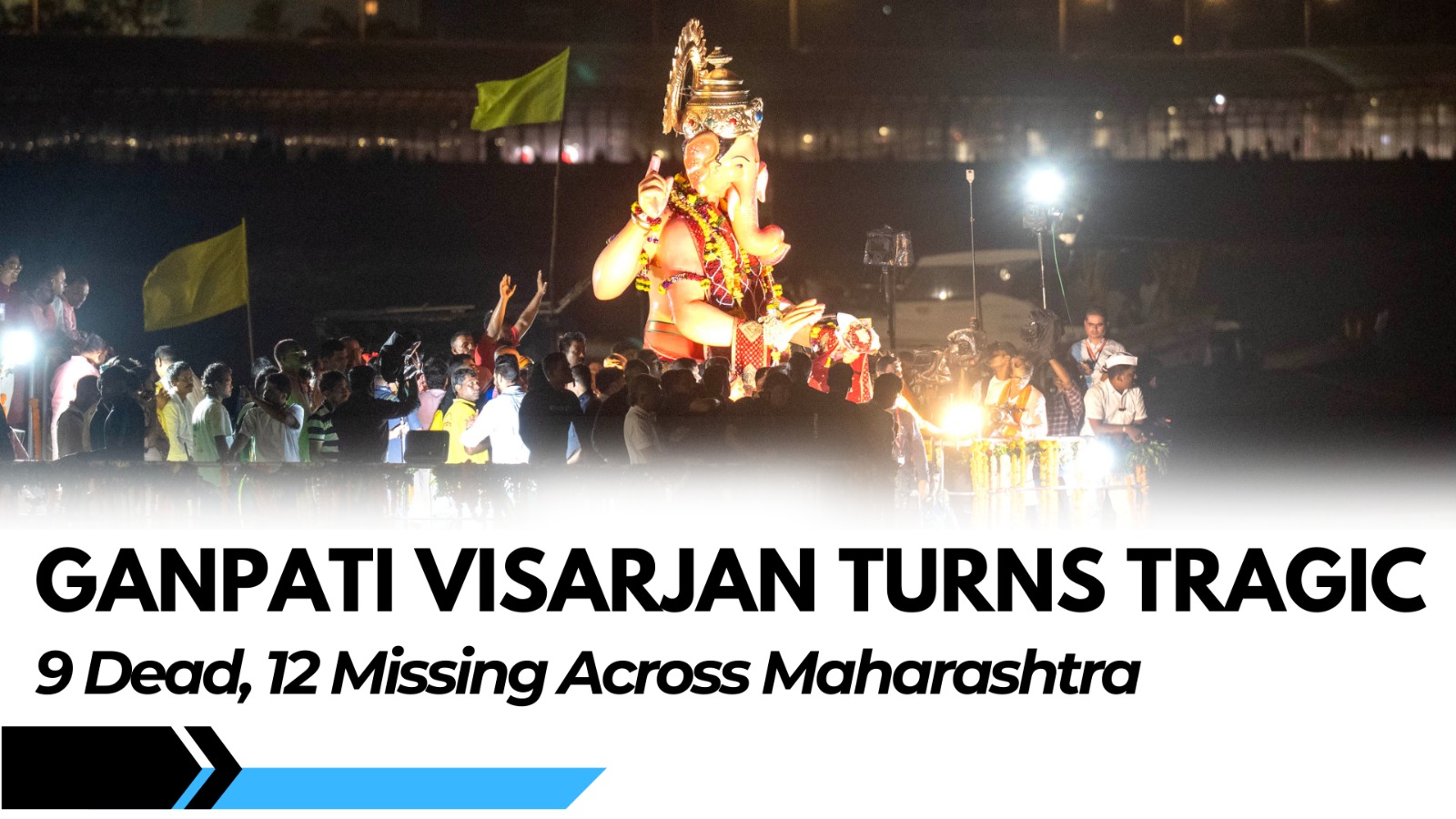


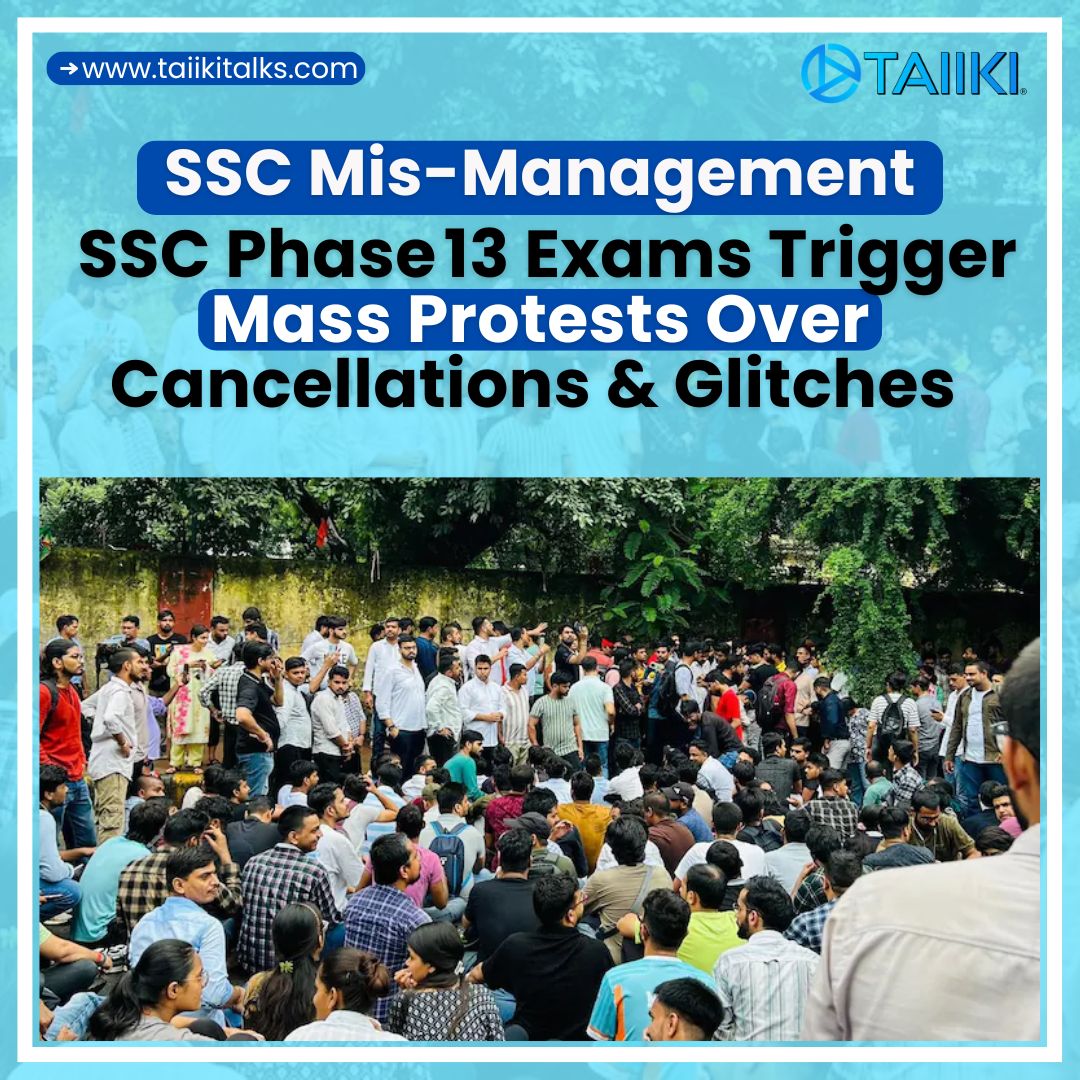
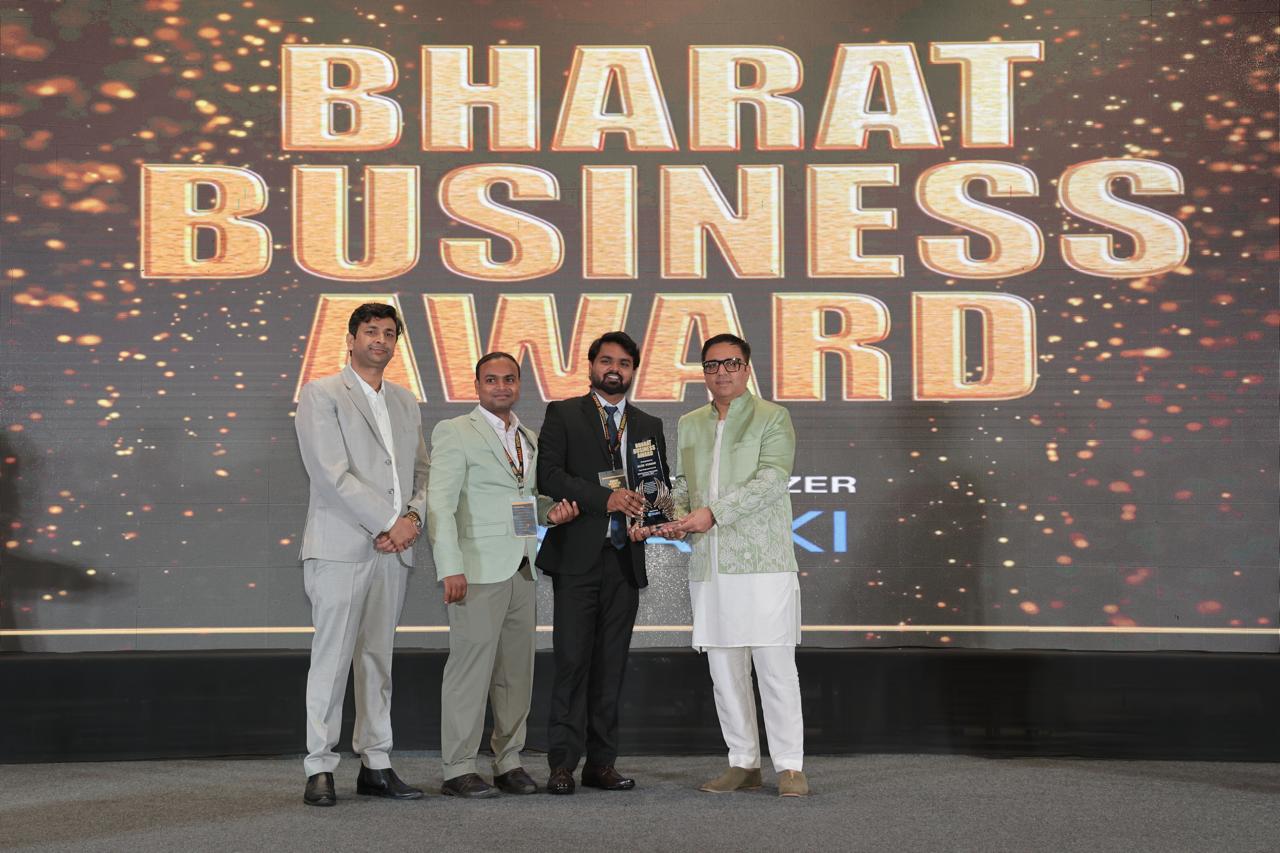



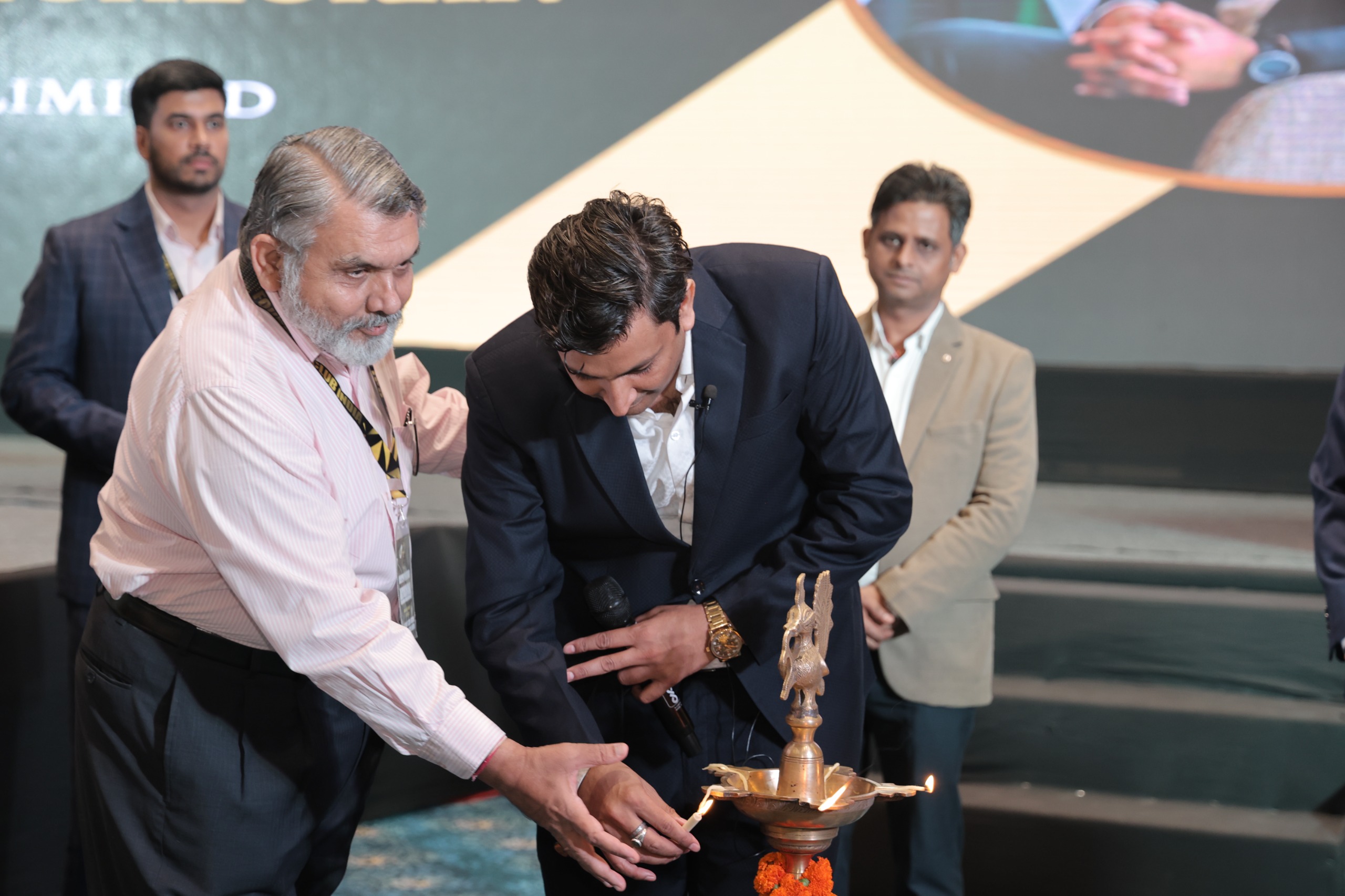






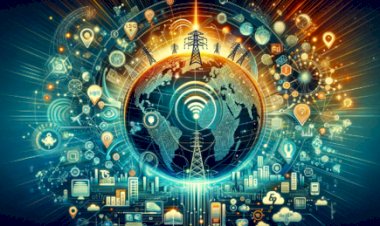

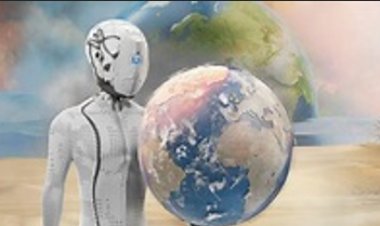
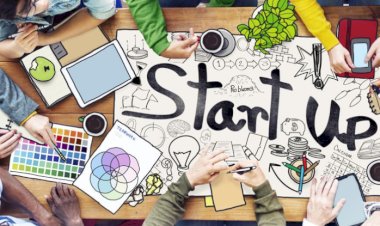


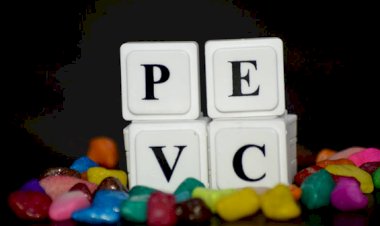
Comments (0)